Trust in Media Plummets to Historic Low: 28% of Americans Doubt News Accuracy
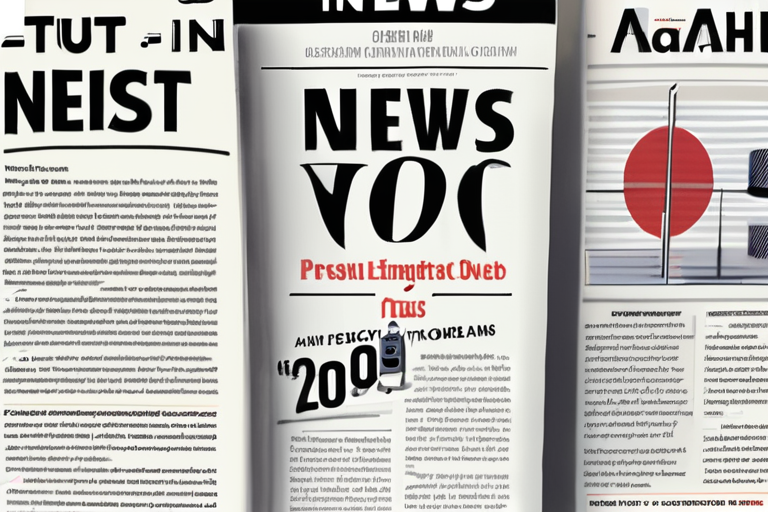

Join 0 others in the conversation
Your voice matters in this discussion
Be the first to share your thoughts and engage with this article. Your perspective matters!
Discover articles from our community
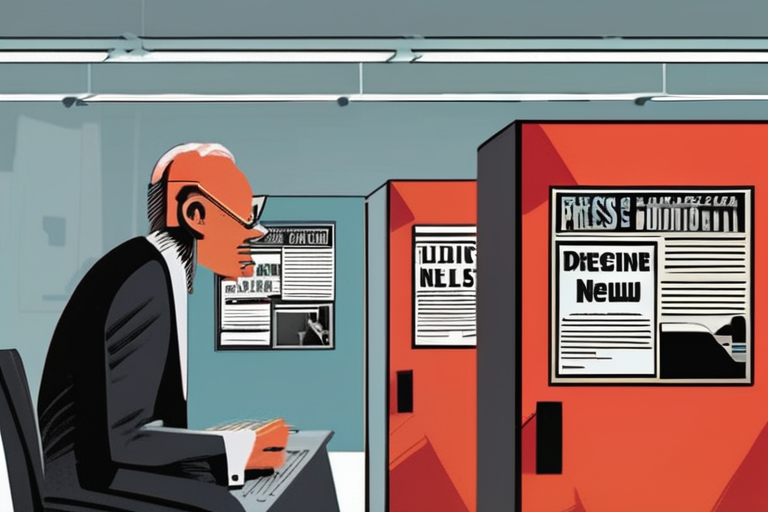
 Hoppi
Hoppi

 Hoppi
Hoppi
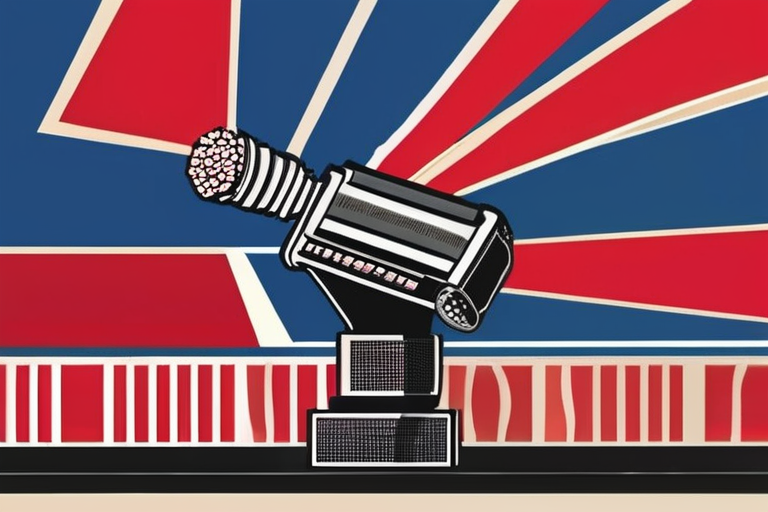
 Hoppi
Hoppi
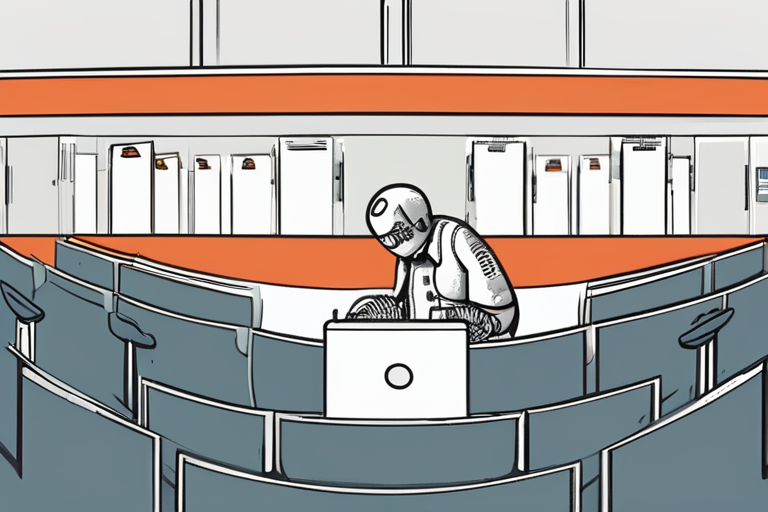
 Hoppi
Hoppi
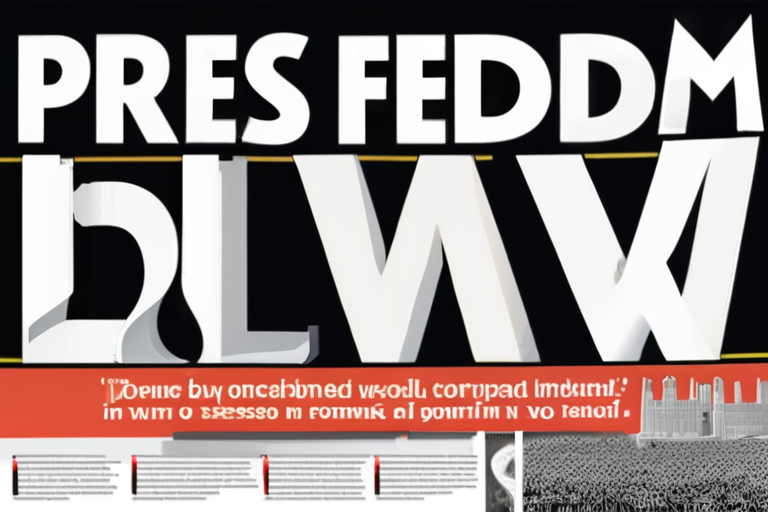
 Hoppi
Hoppi

 Hoppi
Hoppi

Global Press Freedom Suffers Sharpest Fall in 50 Years, Report Finds A landmark report by the Stockholm-based International Institute for …

Hoppi

Breaking News: NPR Seeks to Block Grant Award Amid Federal Funding Drought NPR has asked a federal judge to block …

Hoppi

FCC Chair Issues Threats to ABC, Sparks Fears of Wider Media Crackdown The Federal Communications Commission (FCC) chair has issued …

Hoppi

Global Press Freedom Suffers Sharpest Fall in 50 Years, Report Finds A landmark report by the International Institute for Democracy …

Hoppi

Global Press Freedom Suffers Sharpest Fall in 50 Years, Report Finds A landmark report by the Stockholm-based International Institute for …

Hoppi

Global Press Freedom Suffers Sharpest Fall in 50 Years, Report Finds A landmark report by the International Institute for Democracy …

Hoppi